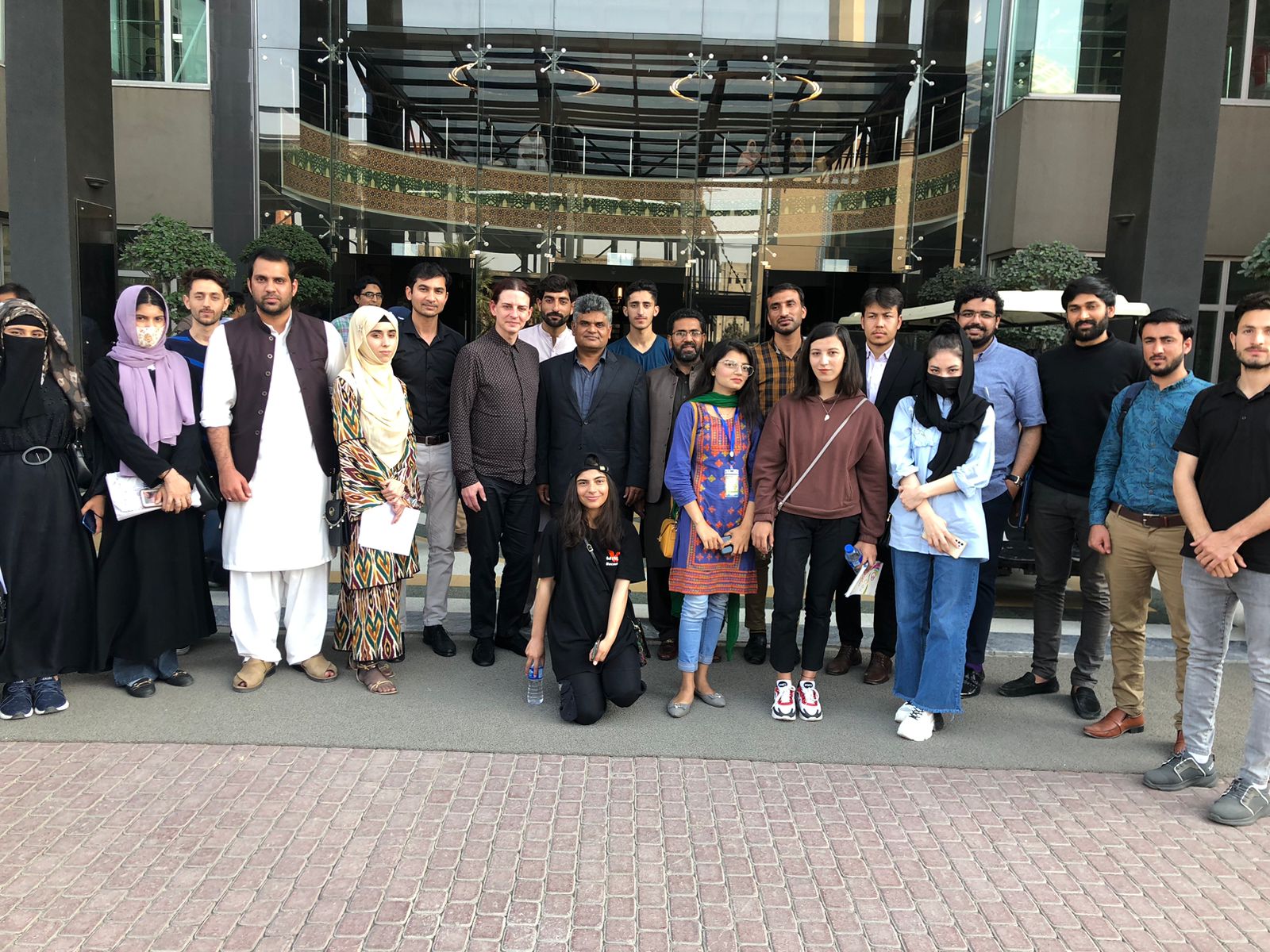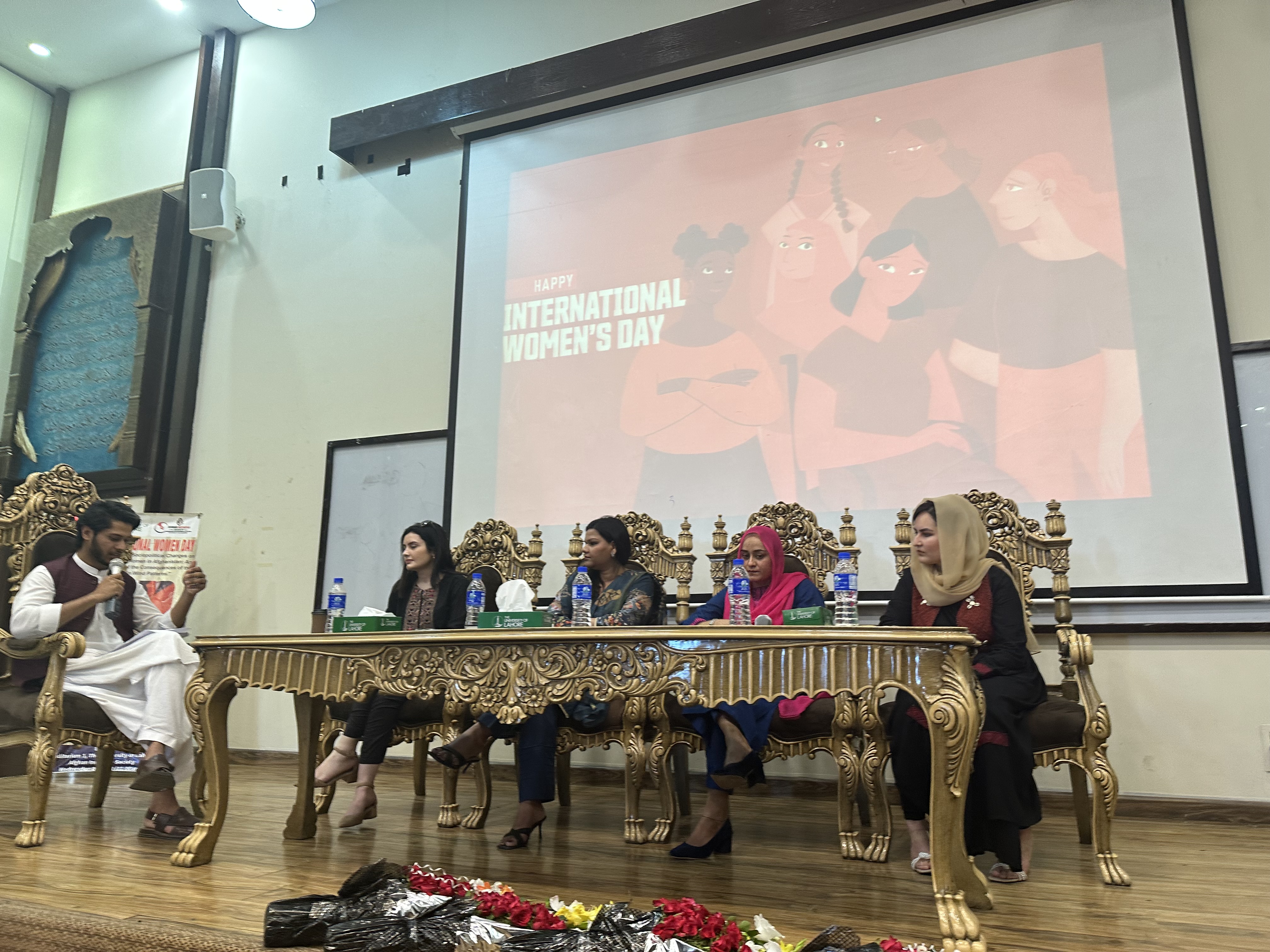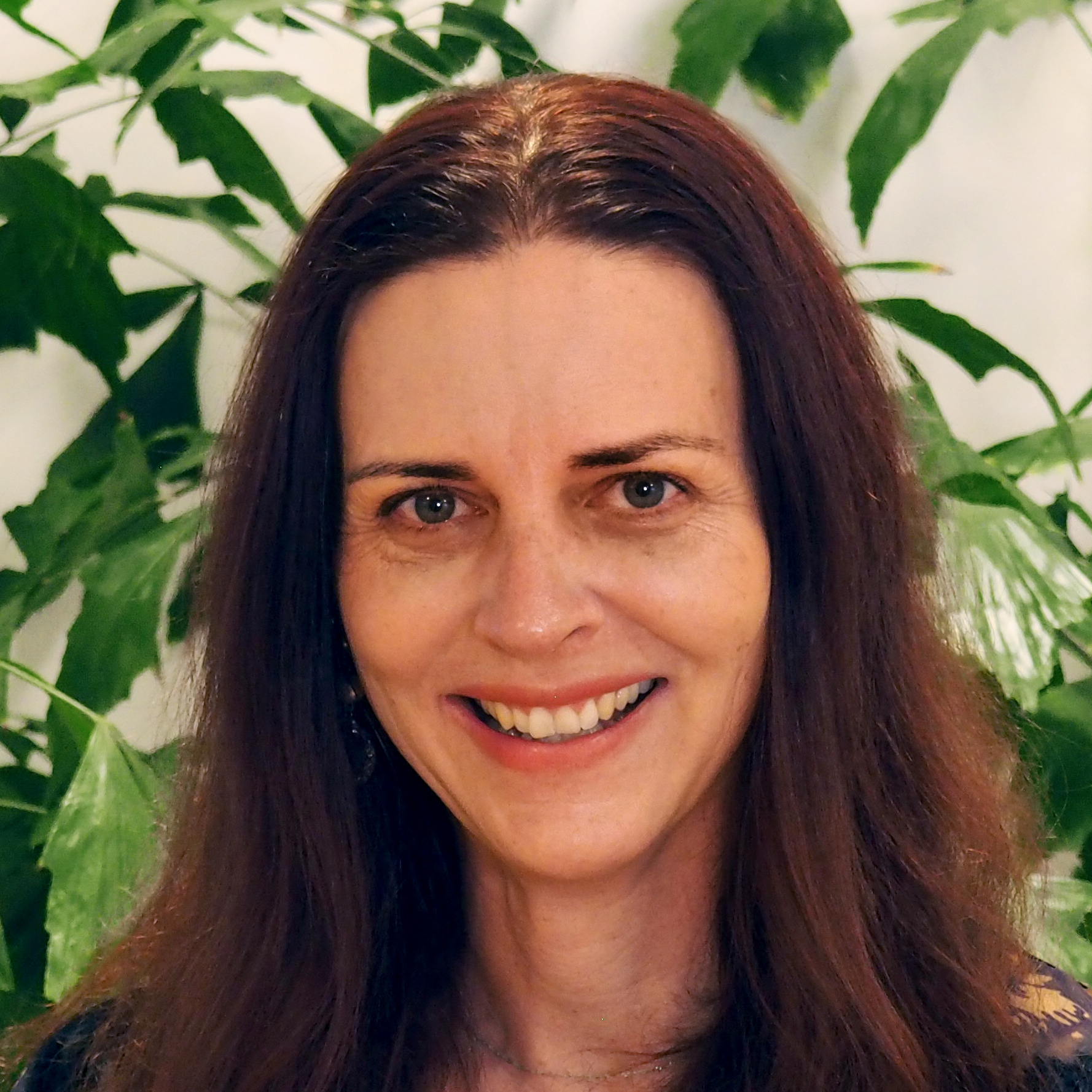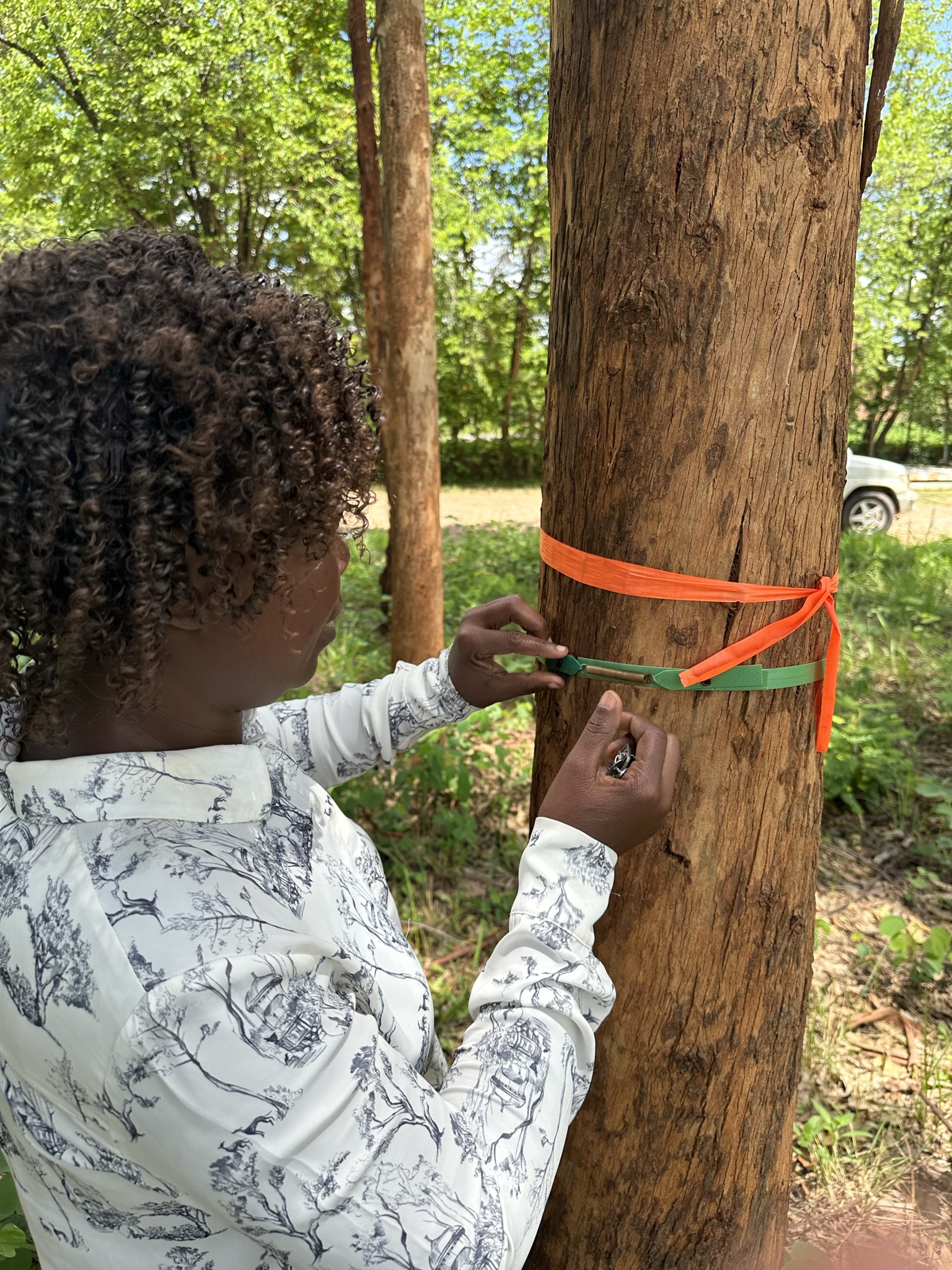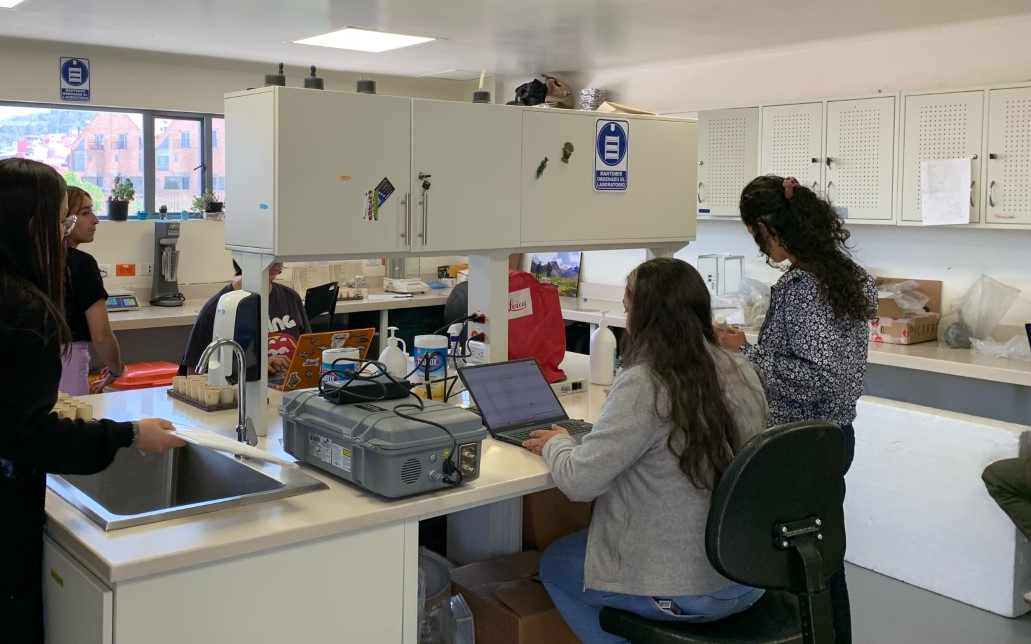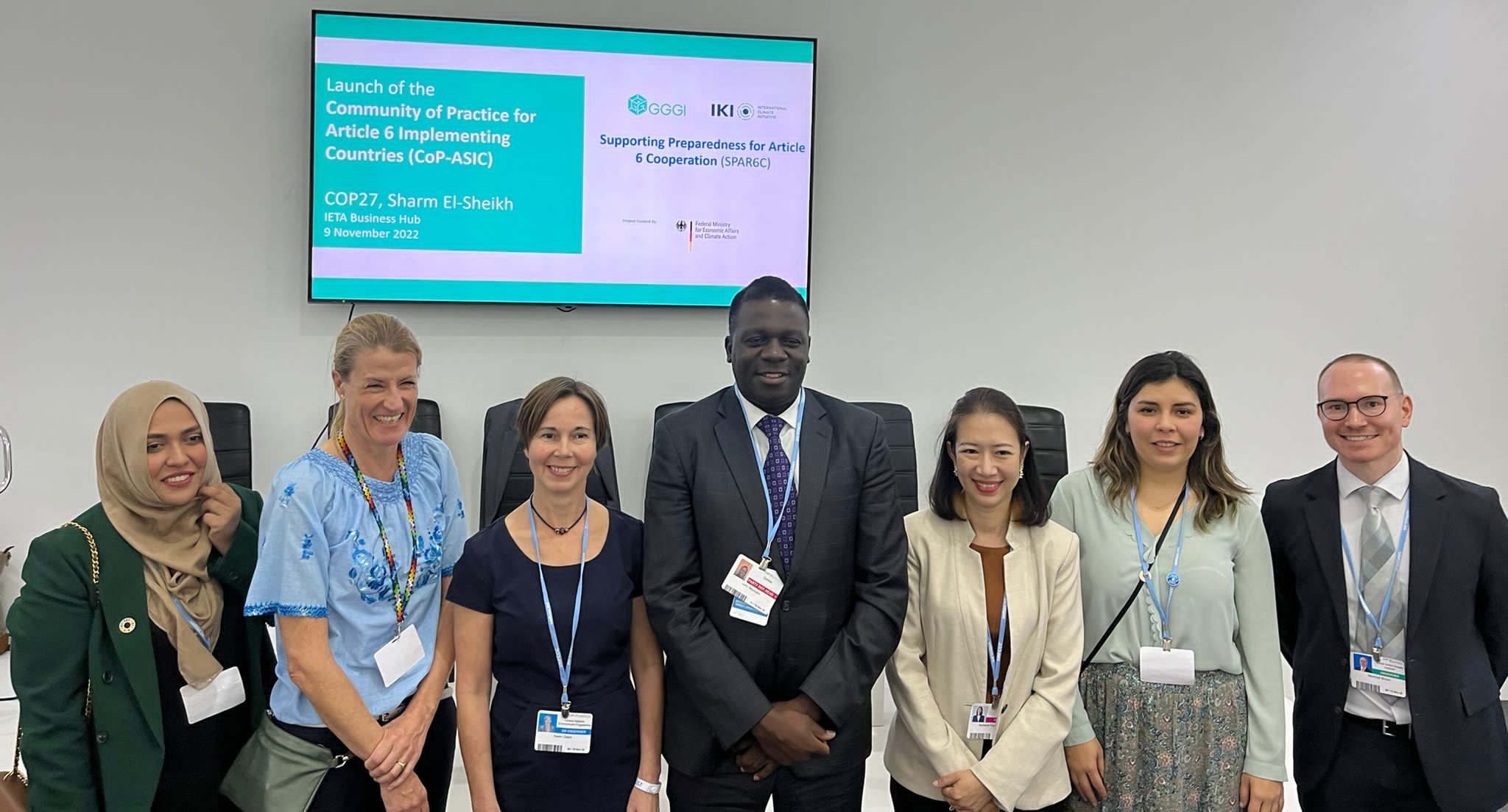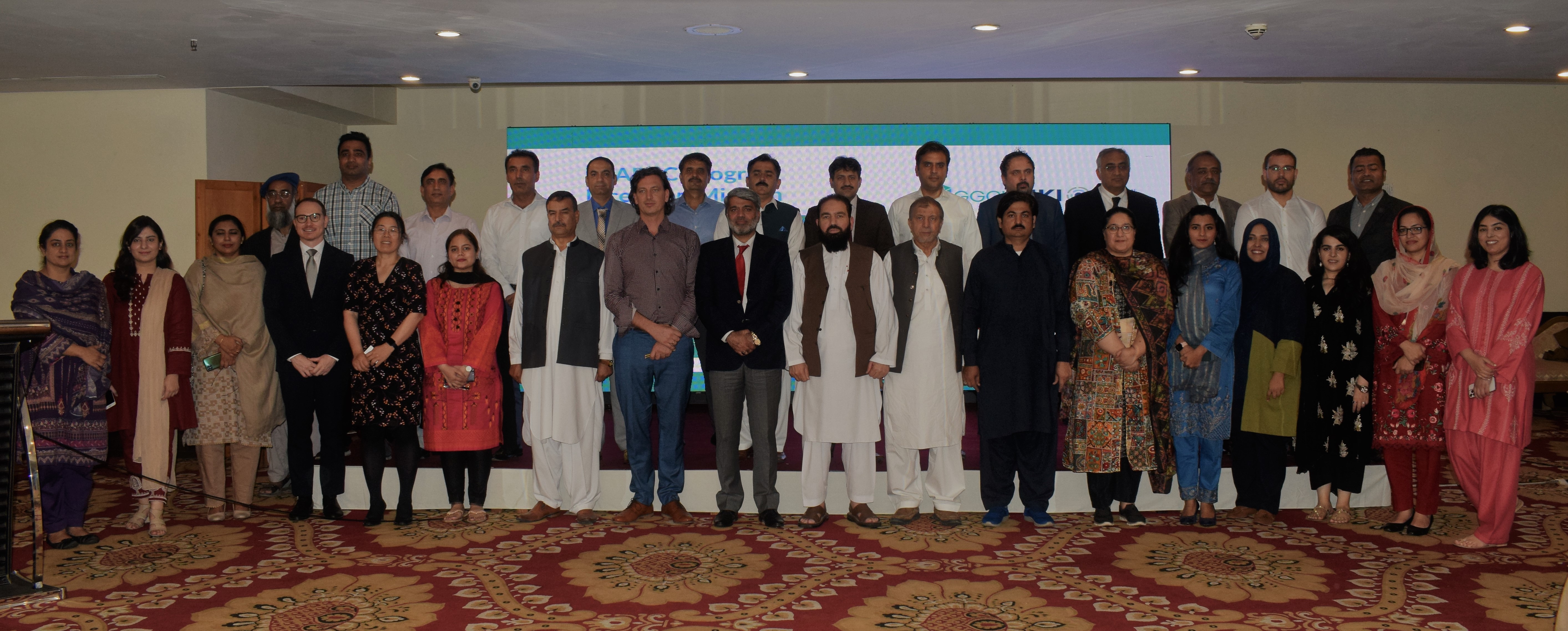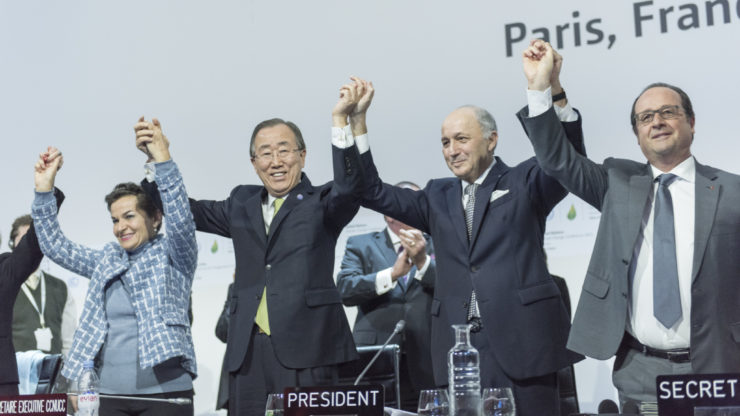How can trading emissions under Article 6 of the Paris Agreement address social needs?
When discussing the potential of carbon markets in Pakistan, cross cutting social issues has turned out to be a common topic.
In early March 2023, the Community of Practice for Article 6 Implementing Countries (CoP-ASIC) road show continued to Pakistan, reaching six universities across three cities: Islamabad, Lahore, and Karachi.
In Pakistan, UNEP Copenhagen Climate Centre is leading the work with the academic community to assess the capacity needs for applied research to ensure the best outcomes of trading emissions under the Paris Agreement’s Article 6.
This work is part of the efforts under Supporting Preparedness for Article 6 Cooperation (SPAR6C) consortium.
Through the CoP-ASIC, the Centre will work with academia in Pakistan to assess how the SPAR6C Programme can help address needs and build capacity on cooperative approaches under Article 6.
Kicking off the work in Pakistan, the Cop-ASIC roadshow included seminar presentations with Q&As for students on carbon markets as well as a meeting with faculty to discuss the possibility of creating an informal network of academic researchers.
The CoP-ASIC work in Pakistan follows the first steps of setting up the Article 6 community in Zambia and similar work in Colombia and Thailand earlier this year.
Social issues a common topic
In Pakistan, carbon markets represent an opportunity to provide finance to local projects. However, through the meetings and dialogues with students and researchers, it became clear that these would only be successful and effective if they could meet local social needs at the same time.
At the Fatima Jinnah Women University, the students asked questions and offered many ideas about how carbon projects could promote gender equality and women’s empowerment. The visit to the University of Lahore coincided with International Women’s Day. A panel of four experts, two from Pakistan and two from Afghanistan, discussed and debated the role of women in the future of these two countries, reflecting on the decades of war in Afghanistan, and lack of access to education.
Faculty members at the University of Lahore who specialize in strategies to avoid radicalization in rural communities, emphasized the need for local projects that improve the welfare of the communities. Without these, and given the hardships that Pakistan is facing due to the catastrophic floodings of 2022, there is a large risk for people to feel disenfranchised. On the other hand, faculty members pointed out, self-sufficient thriving communities reduce the risk of radicalization.
Research has shown that women are disproportionately affected by climate change. Moreover, periods of social unrest, such as after climate-exacerbated disasters, often result in an increase in gender discrimination and sexual violence.
Diverse experiences and voices are needed
During the CoP-ASIC road show at the University of Lahore, Ms. Najibah Hakimi, a student originally from Afghanistan, asked “how do I become a climate scientist?”
She had seen first-hand how water supplies had dwindled in her rural home and recalls her aunt reminding her to be careful with her water use. Looking forward, she expressed her passion and desire to make the world a better place. To not just hope for change, but to make the changes that need to be made.
In finding solutions to the climate crisis, it is imperative to increase the diversity of experiences and solutions, including the perspectives and voices from students such as Ms. Hakimi.
The CoP-ASIC of the SPAR6C Program will provide opportunities for students like Ms. Hakimi to present in international forums with representatives from government, the private sector and finance. The CoP-ASIC will also fund internships for these students when the graduate, to fast track them into careers focusing on climate policy, climate projects, and carbon markets.
